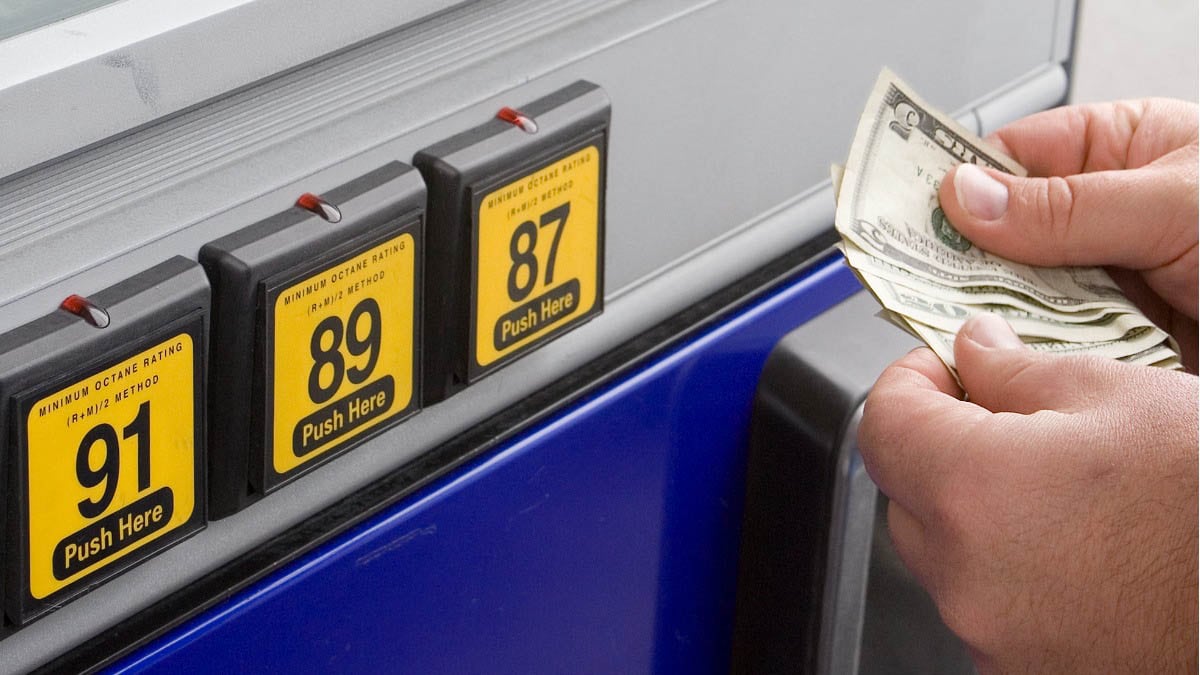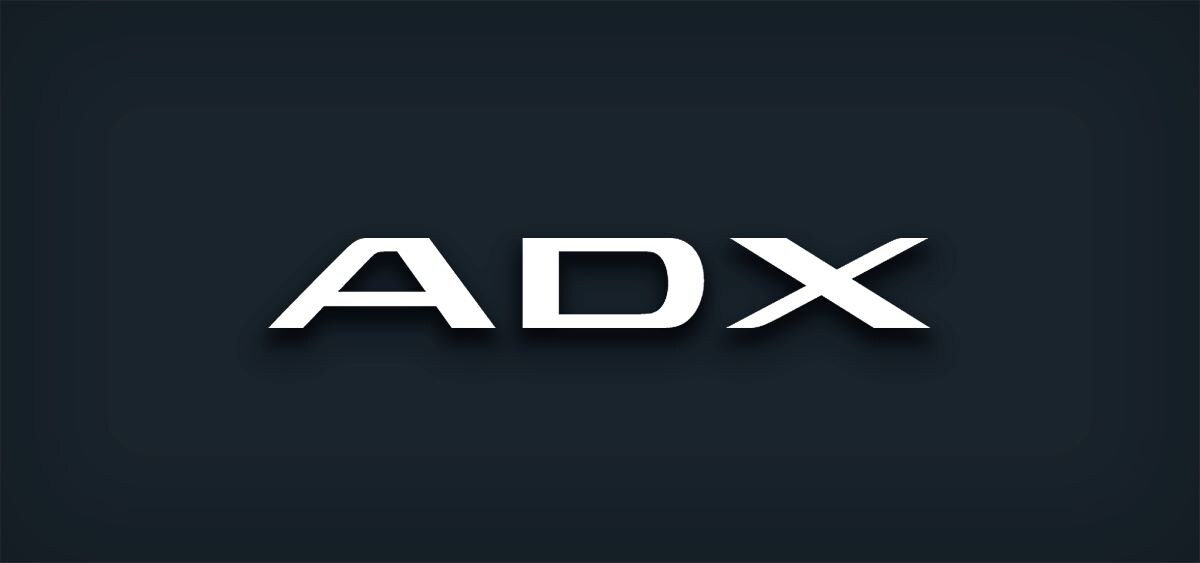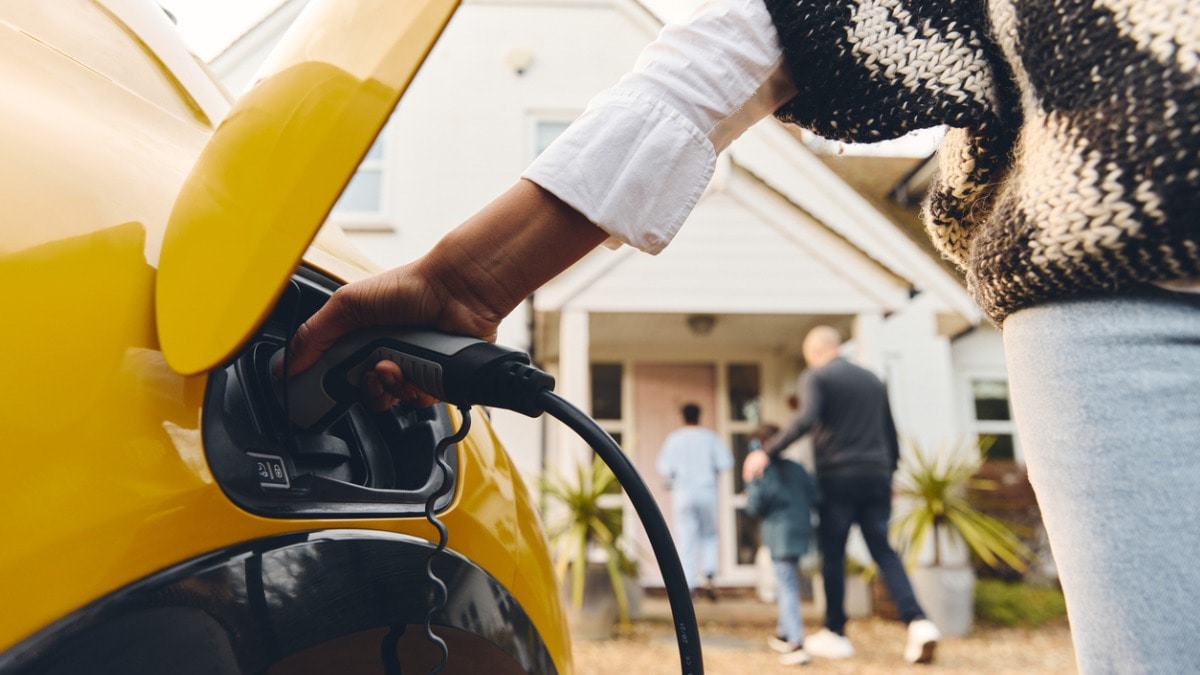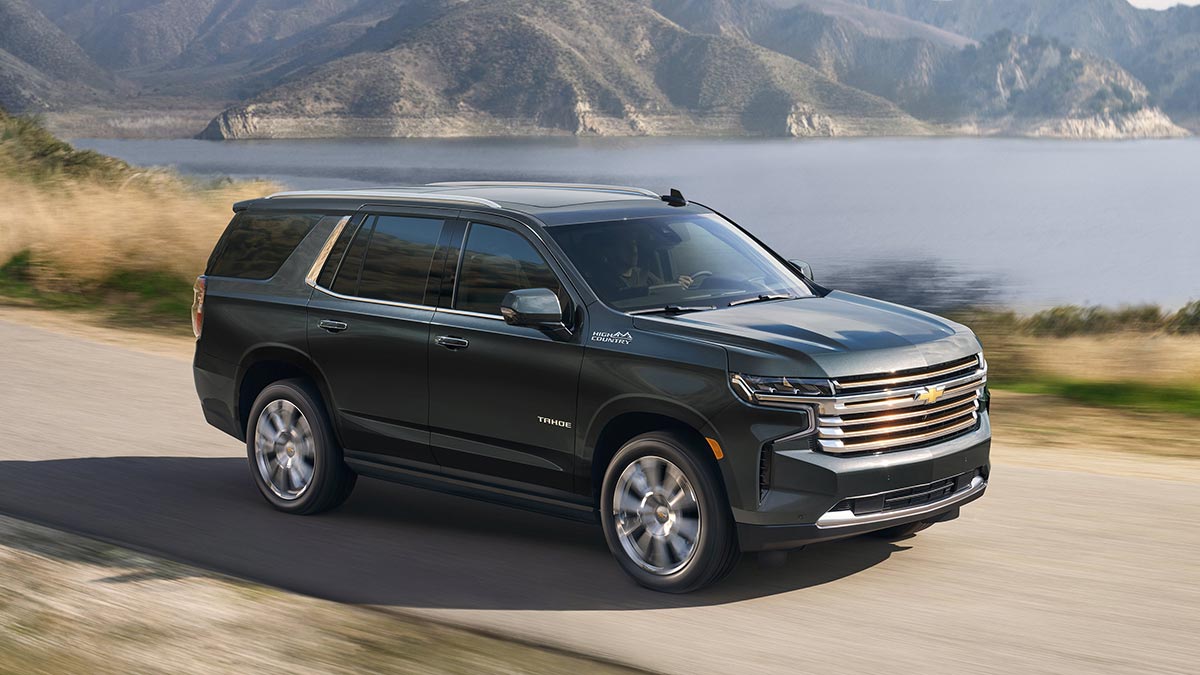Premium Gasoline Quick Tips
Choosing between premium and regular gasoline is among car owners’ most common decisions. The choice is also often misunderstood, and the result might waste money at the fuel pump.
What is premium gasoline? How do you know if your vehicle needs higher octane? And what are the pros and cons of choosing more expensive gas?
Here’s everything you need to know about premium gasoline when your car’s fuel needle points toward empty.
Should You Use Premium Gas?
The answer to the fundamental question is easy because the car’s manufacturer answers it. Automakers recommend the type of gasoline to use for peak performance. Spoiler alert: Most cars, trucks, and SUVs are fine running on a diet of regular gasoline.
RELATED: How Often Should I Change My Oil?
Premium Gas Explained
What constitutes premium versus regular gasoline can vary from state to state. In most places, regular gasoline has an 87 octane rating, while premium is 91 to 94 octane. A higher octane rating means the gas is more compatible with higher compression ratios.
That term refers to the conditions in the cylinder when the air and fuel detonate to keep the engine’s pistons churning up and down. Manufacturers often recommend that cars with high compression ratios, particularly those fitted with turbochargers, run on premium gas for peak performance.
Gasoline impacts your car’s performance, fuel economy, and emissions levels. A check of the owner’s manual will uncover what grade of gas the manufacturer recommends. Some cars also have a label near the gas cap citing the fuel grade you should use.
RELATED: Turbochargers Explained: How They Add Power and More
Premium vs. Regular Gas
Using premium gas (when the manufacturer recommends) maintains performance and fuel economy. It also reduces the chance of engine “knocking.”
Knocking is a potentially serious engine problem. Audible engine knocks happen when the air/fuel mixture within a piston’s combustion chamber is incorrect. Over time, excessive engine knocking can lead to expensive engine repairs. Explore common car repairs and service providers using Kelley Blue Book’s Service Advisor.
Avoiding a trip to a repair shop for knocks and pings could be worth the extra money you pay when refueling. At the time of writing, AAA reports a nationwide average for one gallon of regular gasoline is $3.66 (versus the record high of $5.016 in June 2022). Premium grade costs $4.46 on average, resulting in a $12 difference if you’re filling up with 15 gallons of premium fuel instead of regular unleaded.
The amount of money is significant, particularly when considering that some of the best-selling U.S. vehicles are full-size pickup trucks. With their large fuel tanks, the price gap between choosing regular or premium grows significantly.
MORE: Types of Gasoline Explained: Learn the Differences
Does Premium Gas Have Ethanol?
Some premium gasoline for vehicles will contain ethanol. This is more dependent on whether the gas in question is one of three grades of fuel where ethanol is added: E10, E15, and E85. The number of each loosely corresponds to the percentage of ethanol in each fuel grade.
Can You Mix Premium and Regular Gas?
Mixing premium and regular gas in your car or truck is OK. Modern vehicles’ high-tech electronics and fuel monitoring features easily adjust to different grades of gasoline. Even if the maker recommends premium gas for your car, there is no risk of immediate engine damage if you need to fill up with a tank of lower octane.
Problems such as decreased performance and poorer fuel economy would only surface if a car owner permanently ignores a higher-octane recommendation. On the other hand, there is no benefit in putting premium fuel in a vehicle engineered to run on regular gas.
The common misconception that “the good stuff” is a treat for your car or minivan only boosts the profit of the station, not the power or fuel mileage of your vehicle.
RELATED: What Happens if You Put Diesel in a Gas Car?
Will Premium Gas Hurt My Car?
Using premium gas for your vehicle will not hurt its internal combustion engine. If your car is meant to run on regular octane gas, filling it with premium gas causes no damage — other than to your bank account.
Does Premium Gas Last Longer?
Shopping for fuel isn’t like reaching deep into the cooler for milk with a more distant expiration date. Premium gas does not last longer than regular gasoline in a fuel tank.
A car owner might only consider the longevity of a car’s gas if the vehicle has been sitting unused for an extended period. And we mean months or years, not days or weeks.
MORE: Do My Tires Need to be Replaced?
Cars Requiring Premium Gas
Is there a golden rule that sporty or luxury vehicles need premium gasoline, while less expensive cars and trucks are fine running on regular? Not necessarily. Each vehicle is different and could have multiple engine options with varying fuel recommendations. That’s why it’s up to the owner to know what fuel is best for their vehicle.
As we pointed out, the owner’s manual indicates gasoline requirements. An online search can help find the answer if the manual isn’t available. If the vehicle is an older classic car, it’s worth contacting a car club. Enthusiasts with the same make and model will likely be happy to offer advice.
So, what are some examples of mainstream models in which premium fuel is recommended? Many people might correctly assume Chevrolet requires using premium for its 2024 Corvette sports car. At the same time, it’s surprising to some that Mini recommends 91-octane gas for its 2024 Cooper Convertible. Ford, Honda, Nissan, Subaru, Toyota, Volkswagen, and more — almost every automaker, in fact — has a model or sometimes a specific engine that is engineered to operate better with higher gas grades.
There are options if you’d like to limit your trips to the local filling station but aren’t ready to kick the fossil-fuel habit entirely with an electric car. A plug-in hybrid (PHEV) could be your solution. PHEVs offer an all-electric drive mode, often providing 25-40 miles of travel using only battery power. Models such as the Ford Escape PHEV, Hyundai Tucson PHEV, and the Toyota RAV4 Prime are fine with regular-grade gas.
Is Premium Gas Worth It?
Use premium gas if the owner’s manual calls for it. Otherwise, there is no sense in wasting money by putting premium gas in your vehicle’s tank if the manufacturer recommends regular gasoline. A better point to consider is Top Tier gasoline, which has more detergents and other chemicals that help keep your fuel system running clean.
In a study about the effects of these Top-Tier fuels, the AAA found after 4,000 miles, an engine running on other brands had 19 times more engine deposits than it did when fueled by a Top-Tier brand. Over time, those engine deposits can cause serious internal issues and limit the life of a car’s powertrain.
The good news is these fuels are widely available at filling stations, and any extra engine-cleaning benefits are the same whether you choose regular or premium gas.
Is Premium Gas Better?
Yes and no. If a car manufacturer recommends premium fuel, it’s best to stick with that advice. However, occasionally filling with regular won’t cause significant issues. Putting premium gas in a car that only requires regular is a big money waster. Don’t do it; there is no added benefit.
Read Related Articles:
Editor’s Note: This article has been updated since its initial publication.





